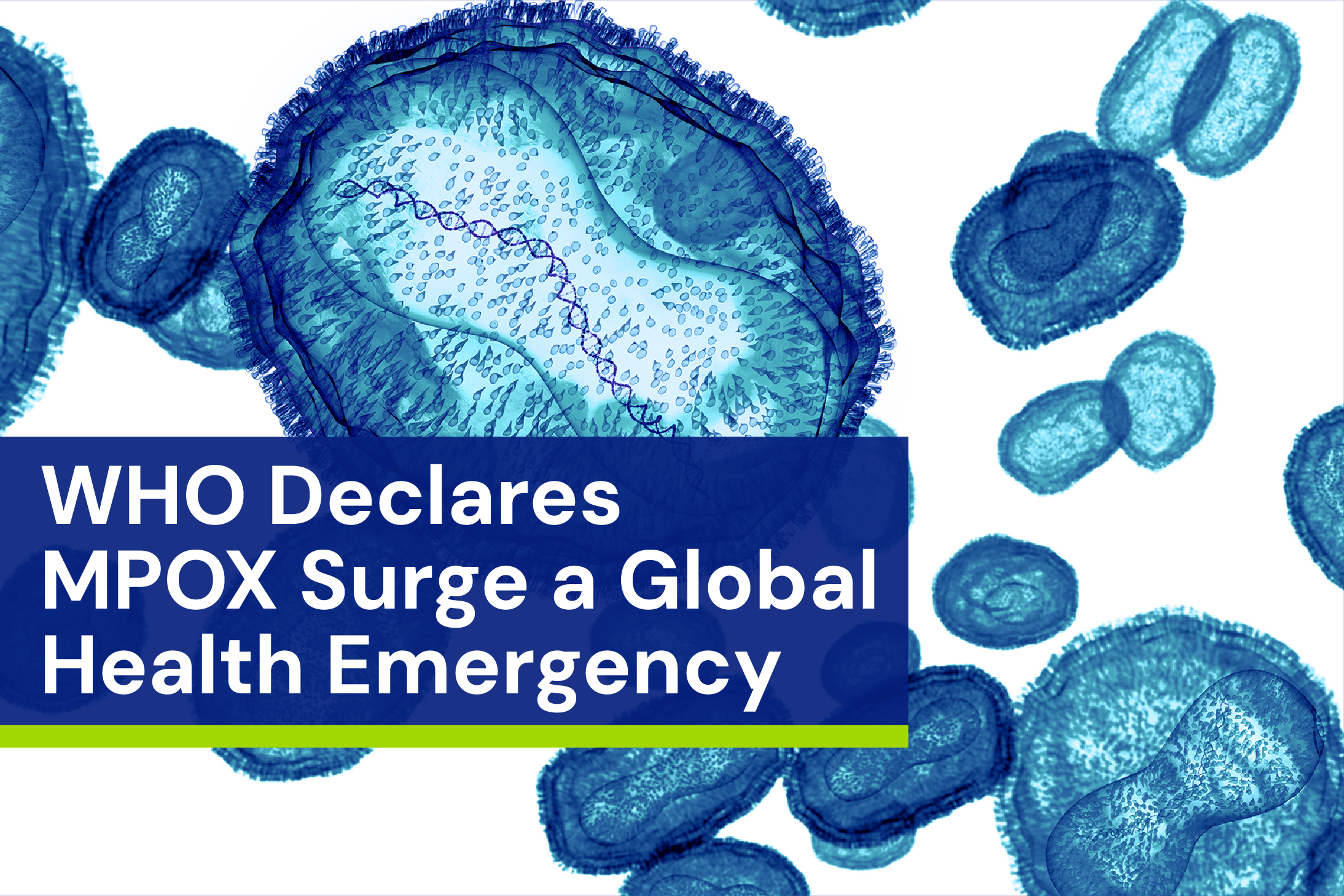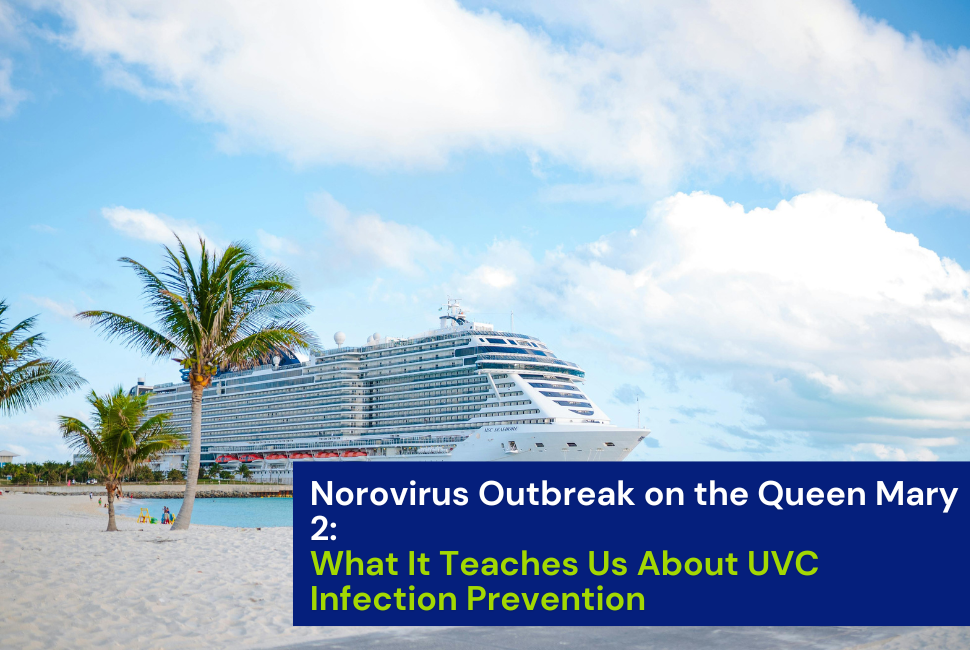Proactive, not reactive: educating communities and implementing advanced measures to control and prevent the spread of mpox
The World Health Organization (WHO) has officially declared the 2024 mpox surge a public health emergency of international concern. This announcement underscores the need for proactive, reinforced infection control and prevention strategies.
With mpox spreading rapidly across various regions, the focus on effective containment measures has never been more pressing.
A Considerable and Concerning Spread
Because of vulnerabilities in surveillance in parts of Africa, which is particularly affected by this outbreak, Dr. Dimie Ogoina, chair of the WHO’s emergency committee for mpox warns, “What we’re seeing is the tip of the iceberg.”
The latest reports indicate that the mpox 2024 outbreak has spread to regions never before affected by the virus. While mpox is prevalent in the Democratic Republic of Congo, this is a known site for mpox outbreaks. Other African countries currently affected, however, have never experienced cases before. These include Rwanda, Uganda, Kenya, and Burundi.
Facing Challenging Transmission Vectors
Mpox, a viral disease, presents a significant challenge because of its transmission mode. Direct contact with an infected person or exposure to contaminated surfaces and air can spread the virus. The wide transmission vectors are worrying. “This is something that should concern us all,” says WHO’s director-general Tedros Adhanom Ghebreyesus.
Infection control begins with understanding how mpox spreads. The virus is primarily transmitted via skin-to-skin contact but can also move through respiratory droplets.
Given these vectors, surface and air disinfection become essential in any infection control arsenal. Businesses and public spaces, from offices to transportation hubs, must adopt comprehensive cleaning protocols that address these risks. Maintaining stringent hygiene standards and leveraging advanced technologies are crucial to reducing transmission rates.
Taking Steps to Halt Mpox
The unpredictable spread of this outbreak emphasizes the importance of vigilant monitoring and the adoption of effective infection control measures worldwide. The U.S., Japan, and European Union are all trying to halt the spread by manufacturing and distributing mpox vaccines.
“We can no longer be reactive – we need to be proactive and aggressive,” explains Dr. Jean Kaseya, director-general of Africa CDC. “
One effective technology in the fight against mpox is UVC light. UVC light is a potent disinfectant capable of inactivating viruses and bacteria on surfaces and in the air. It’s highly effective at decontaminating entire rooms as well as frequently-touched objects like cell phones and remotes. When combined with HEPA filtration systems, UVC light devices can significantly reduce airborne pathogens, creating safer environments. This method has gained traction in various settings, including hospitals, due to its effectiveness and efficiency.
The Value of Traditional Prevention
With or without advanced technology, traditional preventative measures must not be overlooked. Regular handwashing, wearing masks, and avoiding close contact with potentially infected individuals remain fundamental to protecting public health. Organizations should also consider educating their staff and patrons on these simple yet effective practices to foster a culture of safety and awareness.
As the world navigates this public health emergency, every step toward safer, cleaner environments contributes to a collective effort to curb the spread.
Contact us if you have questions about how our UVC disinfection solutions can safeguard your spaces. https://www.finsentech.com/contact-us/



